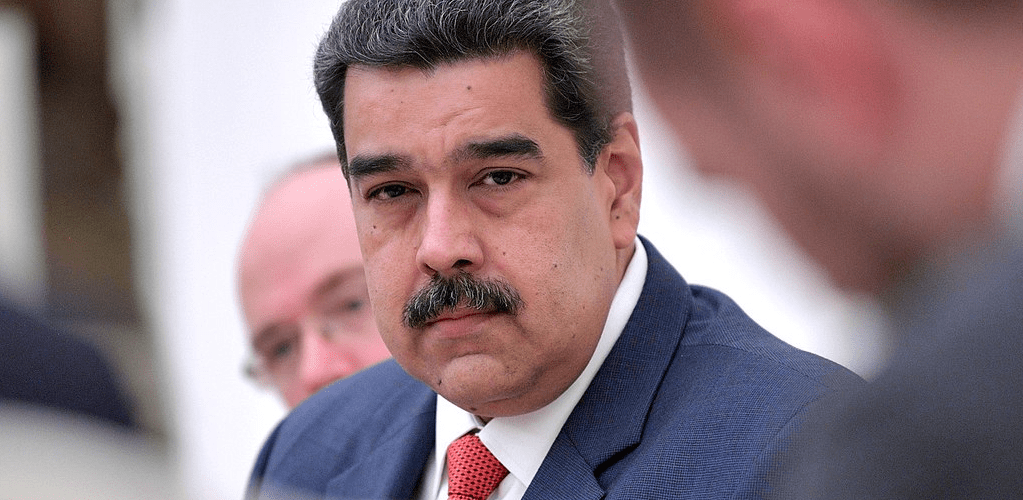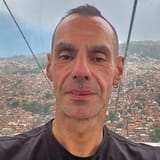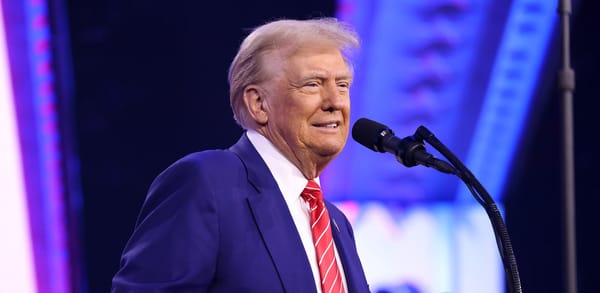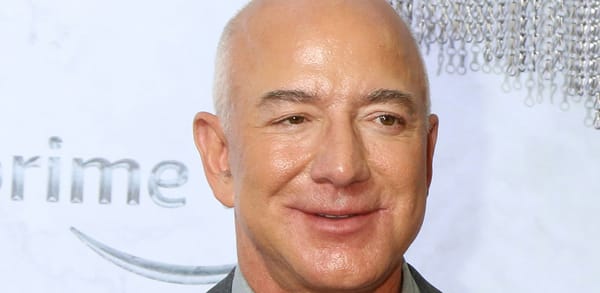Venezuela: Maduro’s declaration of victory isn’t fooling anyone
Venezuelan President Nicolás Maduro has claimed victory in a disputed election, with allegations of voter suppression and fraud. Opposition leader Edmundo González is contested as the true winner, sparking international criticism.

TL;DR | Highlights from this story
● Nicolás Maduro claimed victory in Venezuela in the July 28 election with 51.2% of votes.
● International leaders and opposition leaders have questioned the results, alleging vote count irregularities and fraud.
● Allegations include delayed results, restricted observer access, and a suspected cyberattack on the voting system.
● Few countries have recognized Maduro’s win, while the opposition vows to continue fighting for fair elections.
V enezuela’s dictatorial president, Nicolás Maduro, has remained in power following a hotly contested election on Sunday, July 28. He had promised to win by any means necessary and that is exactly what he appears to have done.
Despite several pre-election polls pointing to an overwhelming opposition victory, Venezuela’s government-controlled national electoral council declared Maduro the winner with 51.2% of the vote – a result said to have been made after 80% of the votes had been counted. Edmundo González, the candidate behind whom most of the opposition had officially united, trailed behind with 44.2%.
The international community has expressed doubt about the result. Chile’s president, Gabriel Boric, took to social media to say he finds the result “hard to believe”, and Peru has recalled its ambassador in Caracas citing a “violation of the popular will”. But Maduro is defiant, calling the result a “triumph of peace and stability”.
In a press conference held after the official declaration of the results, the popular opposition leader, Maria Corina Machado, who had been banned from running in the election, said that a parallel count revealed González had come first. He had won 70% of the vote, she claimed, while Maduro won just 30%.
She declared González the elected president of Venezuela, adding: “We won and everybody knows it … We haven’t just defeated them politically and morally, today we defeated them with votes.” There were no calls for street protests, but instead Machado asked families to join polling station observers as part of a “civic celebration vigil”.
The election was awash with strategies to suppress voters. On Saturday, for example, Venezuela closed its border with Colombia to prevent many of the 2.8 million Venezuelans that now live there having fled the regime from returning home and exercising their civic right.
Nevertheless, the turnout was high. Reports on social media showed long queues of voters forming even before polling stations opened. Some started queuing on Saturday night to seize what they believed to be the best opportunity to overthrow Maduro’s repressive regime.
Mass emigration over the past decade makes comparison with previous elections difficult. However, 9.3 million Venezuelans – around 42% of those eligible to vote – had cast their vote by 1pm. And as polling stations approached closing time, queues remained lengthy with estimates of up to four hours waiting time.
In a country where a severe economic crisis and countless human rights abuses have seen support for the regime plummet in recent years, such a high turnout would have benefited the opposition. So, the result announced by Maduro’s electoral council is not convincing.
Suspicion of fraud
The opposition has complained of many irregularities throughout the day. Some polling stations opened late, and the opposition has claimed it wasn’t allowed to see many of the vote tallies to confirm the results.
By law, parties are allowed to send observers to the vote count at each polling station to ensure the tallies square with the results announced by the national electoral council. But the opposition says its witnesses were only allowed to collect tallies at 30% of voting centres, and these results showed a clear opposition victory.
Voting stations in Venezuela are electronic, making the electoral process very efficient. But there was a six-hour delay between the closure of the polls and the official announcement of the results.
The regime blamed the delay on a cyberattack designed “to prevent the release of the results”. Maduro said “We suffered a major hacking of the electoral system. We know which country is behind it, but I won’t mention it”. He did not provide any further information.
But his statement has done little to convince the international community. The governments of eight countries in the region, including Chile, Uruguay and Costa Rica have rejected the official result and are demanding a fair and transparent vote count.
Some heads of state were blunter than others. Argentine president, Javier Milei, took to X to write: “Maduro. Dictator. Get out!” Addressing his supporters, Maduro responded by saying: “I tell Milei, you can’t stand more than a round against me, cowardly insect, traitor of the homeland.”
— Maduro responds to criticism from world leaders.
The US and the EU have both expressed doubts about the transparency of the process, too. The US secretary of state, Anthony Blinken, said the US has “serious concerns that the result announced does not reflect the will or the votes of the Venezuelan people”.
Colombia, which shares a border with Venezuela, has been more muted in its response. The country has asked for a “count of all votes to lift any doubt surrounding the result”. Colombia’s president, Gustavo Petro, is treading very carefully to avoid jeopardising ongoing negotiations with transnational armed groups that he hopes will achieve “total peace” in the country after decades of conflict.
Only five countries have congratulated Maduro for his victory, and all of them are long time supporters of Maduro and his regime. These include Venezuela’s main creditor China, Russia and the authoritarian states of Nicaragua, Bolivia and Cuba.
United behind a single candidate, Venezuela’s opposition bet on the strength of the protest vote to reduce the likelihood of Maduro staging a cover up. But they will now have to consider their strategy, and encouraging the international community to maintain its pressure on Maduro must form a key part of this.
Following the announcement of the results, González vowed to continue the struggle, saying “We will not rest until the will of the Venezuelan people is respected”. A new dawn in Caracas is about to start, and with it another unpredictable day.

Sources:
▪ This piece was originally published in The Conversation and re-published in PUBLIC SQUARE UK on 29 July 2024. | The author writes in a personal capacity.
▪ Cover: Wikimedia/Kremlin.ru. (Licensed under a Creative Commons Attribution-ShareAlike 4.0 International License.)







[Read our Comments Guidelines]